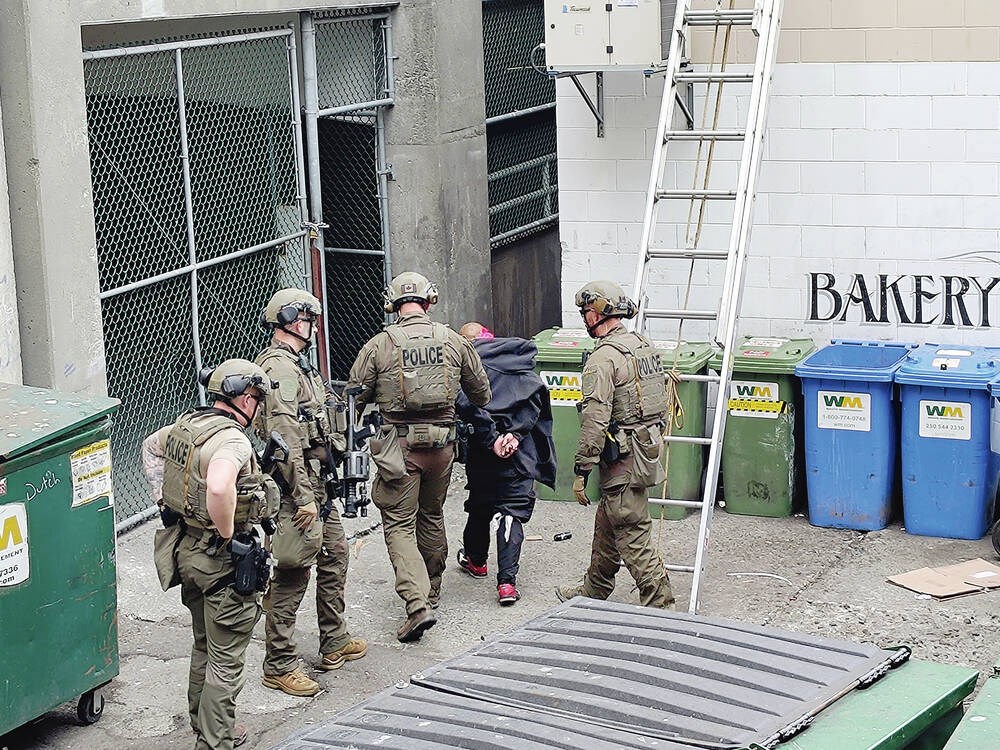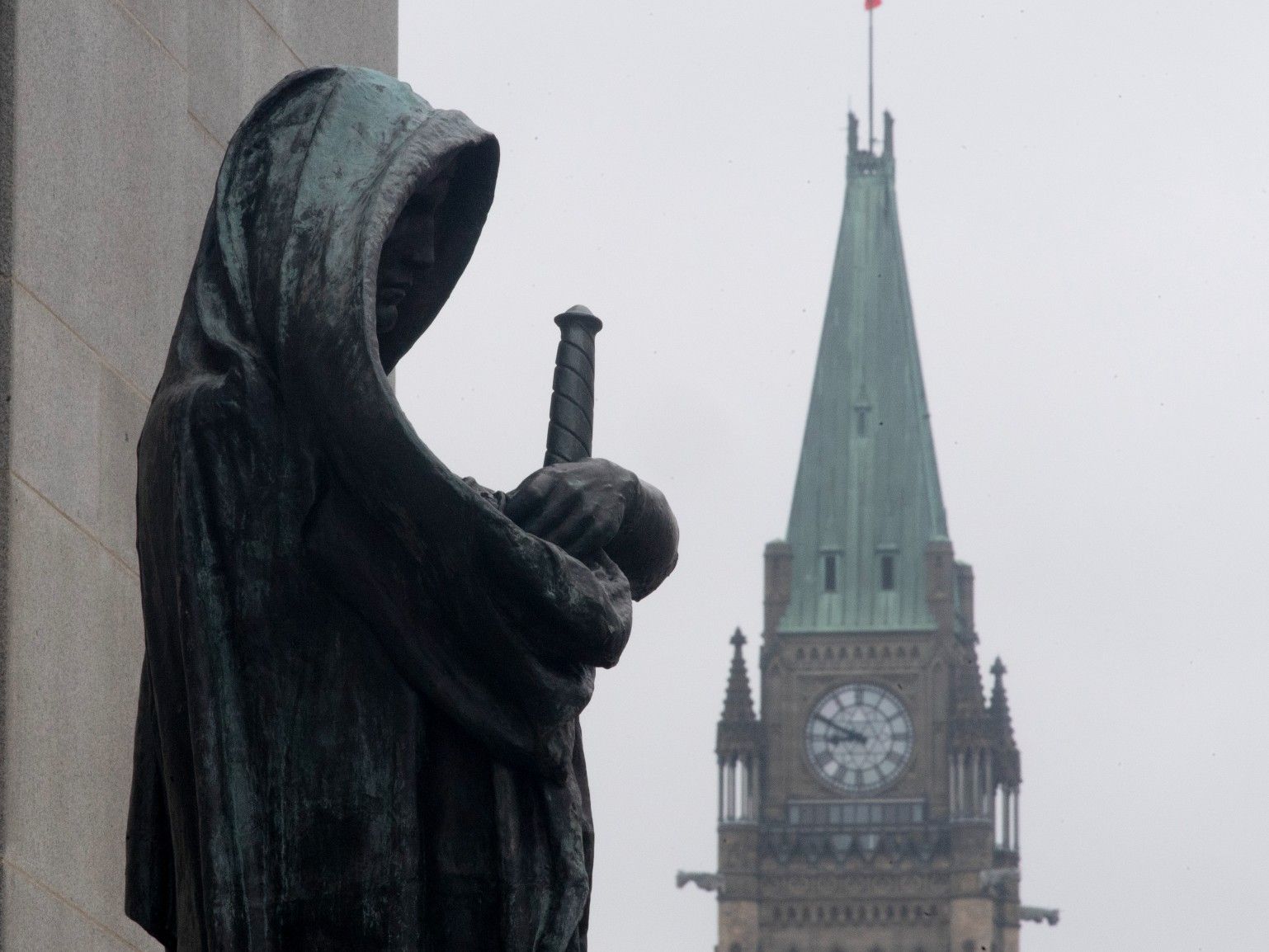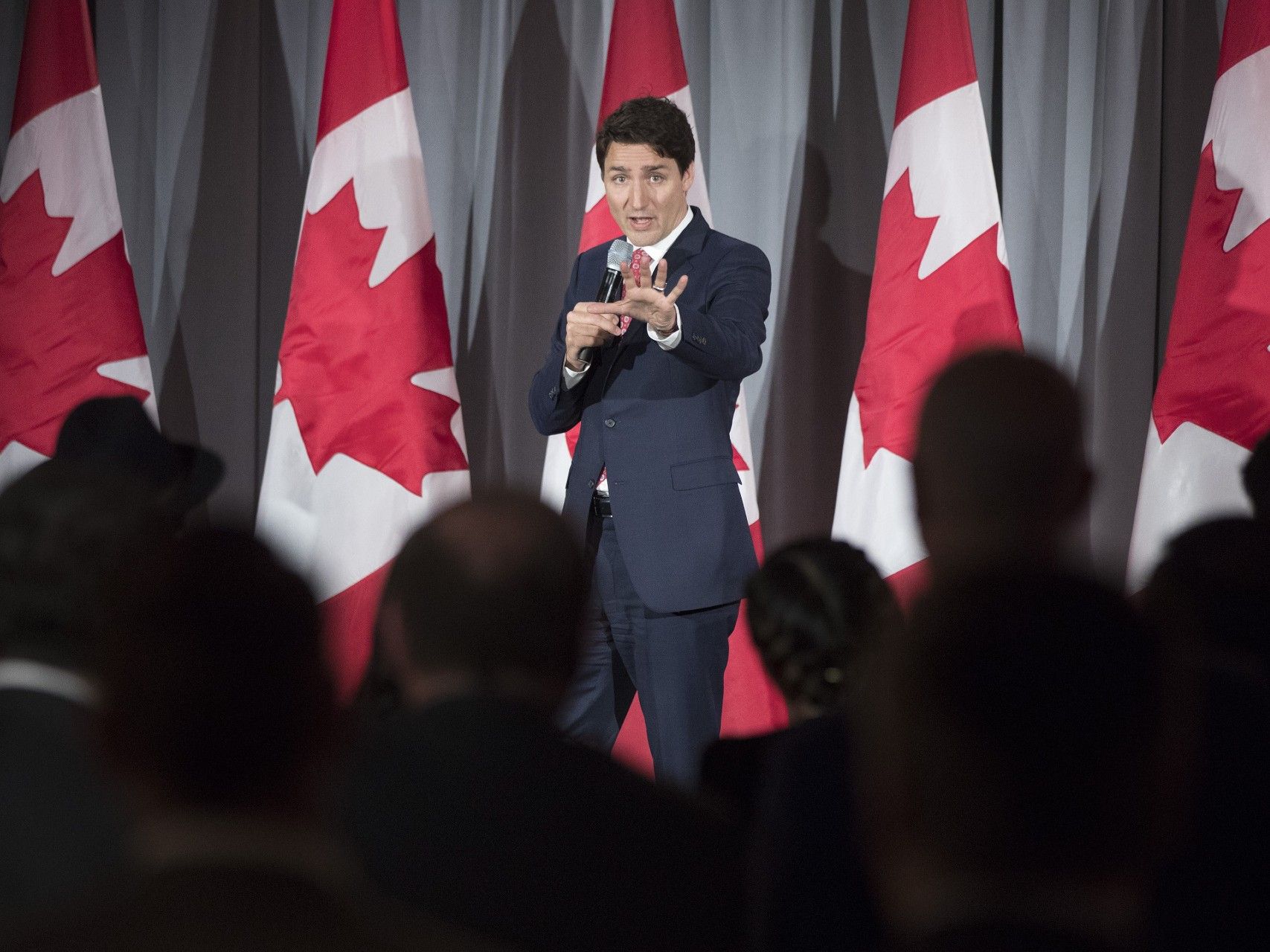daftandbarmy
Army.ca Fossil
- Reaction score
- 44,275
- Points
- 1,160
Sorry, what is this about?
The article is not particularly enlightening...
Watch the video... it's epic
News Archives - Victoria News
 www.vicnews.com
www.vicnews.com

Sorry, what is this about?
The article is not particularly enlightening...
 www.vicnews.com
www.vicnews.com
Oh, I'd seen that and commented on it just two pages back ITT.
Fair point, it is just that Rugby Canada has gotten a lot of bad press lately. This did not help.Oh, I'd seen that and commented on it just two pages back ITT.
Didn't realize they were referring to that same video.
I don't see how this has any bearing on Rugby Canada though, which the last several comments seem to imply. He screwed around, they acted appropriately. That's it, no?
We get annoyed when a perp's status as CAF member or veteran gets needlessly highlighted in the media when they FAFO, shouldn't the same logic apply here?
I don't see how this has any bearing on Rugby Canada though, which the last several comments seem to imply. He screwed around, they acted appropriately. That's it, no?

 www.timescolonist.com
www.timescolonist.com
Man arrested after reports of person trying to light fires on roof of downtown building
He's out on Bail already, and has disappeared.
I know it's not Victoria, but I'd like to see BC be proactive, for a change, and arrest these 40 miscreants.
He's out on Bail already, and hasdisappearedgone back to the same street corner he's been hanging out on for the past year.
Between 2016 and 2020, 78.4 per cent of judges who had donated had given to the Liberals. This percentage only slightly decreased to 72 per cent between 2020 to 2023. Hausegger noted that these findings may run counter to the Trudeau government's promise of improving diversity on the bench.


You are incorrect.You realize 78% of Judges appointed by the Liberals contribute to the Liberal Party.

Trudeau’s law society: Exclusive data analysis reveals Liberals appoint judges who are party donors
Investigation shows more judges who donate to the Liberals are brought to the bench than other party donors, raising partisanship questions.nationalpost.com
Trudeau’s law society: Exclusive data analysis reveals Liberals appoint judges who are party donors - 9 Aug 23
It’s no coincidence that more judges who donate to the Liberal party are brought to the bench than Conservative donors

High-level judges may have paid to meet Trudeau before their appointments
Liberal cash-for-access events may have allowed prospective superior court judges to meet with top cabinet ministers.nationalpost.com
High-level judges may have paid to meet Trudeau before their appointments - 28 Aug 23
Liberal 'cash-for-access' events may have allowed prospective superior court applicants to meet with top cabinet ministers
And this is the norm across Canada. Its a federal law that mandates this. The exact wording I don't know. But we have several guests who make regular appearances.He's out on Bail already, and has disappeared.
Can't get behind that one. That's in the same dark quarter as the idea that we ought to fight nations that disrespect LOAC by their standards. I wouldn't care to use the excuse "we're doing justice poorly" to allow "we might as well let a few other things slip". There have already been too many issues in which some past detrimental thing done to an institution has been advanced as an excuse for another thing that proponents concede might also be detrimental.Those that constantly prey on others and abrogate their rights, should be entitled to none also.
Also a risky proposition. One of the ironies of governance is that the closer one approaches to pure democracy (meaning: the people vote on almost every issue), the more tyranny is in evidence.We really need to come up with a system where judges and lawyers are subservient to the taxpayer and not an idealistic government.
So you've pointed out a couple of possible flaws.Can't get behind that one. That's in the same dark quarter as the idea that we ought to fight nations that disrespect LOAC by their standards. I wouldn't care to use the excuse "we're doing justice poorly" to allow "we might as well let a few other things slip". There have already been too many issues in which some past detrimental thing done to an institution has been advanced as an excuse for another thing that proponents concede might also be detrimental.
Also a risky proposition. One of the ironies of governance is that the closer one approaches to pure democracy (meaning: the people vote on almost every issue), the more tyranny is in evidence.
The solution is to do what we were able to do not that long ago with criminals. The correct pressure point is the people setting and enforcing (or not) the policies. A critical factor is to steadfastly refuse to erode any kind of rights, because I always expect people in authority to take short cuts with liberties when they are faced with crises. A credible "no compromises" stance is easier to push back in their faces if we aren't simultaneously admitting we wouldn't mind trampling any rights ourselves.What are your solutions?
And what exactly were we able to do then, that we're not allowed to now?The solution is to do what we were able to do not that long ago with criminals. The correct pressure point is the people setting and enforcing (or not) the policies. A critical factor is to steadfastly refuse to erode any kind of rights, because I always expect people in authority to take short cuts with liberties when they are faced with crises. A credible "no compromises" stance is easier to push back in their faces if we aren't simultaneously admitting we wouldn't mind trampling any rights ourselves.

 www.timescolonist.com
www.timescolonist.com
That might happen. It's a common corrective mechanism. And I would expect government to focus on fixing the symptoms (vigilantism) rather than the sickness (crime). And that might be a tipping point, leading to more infringements and violations. But that doesn't mean we have to jump to that end point right now.All you are doing is setting up a scenario for creating more criminals, because, and you know this, when government doesn't work, people will take it on themselves to correct it.
